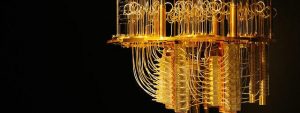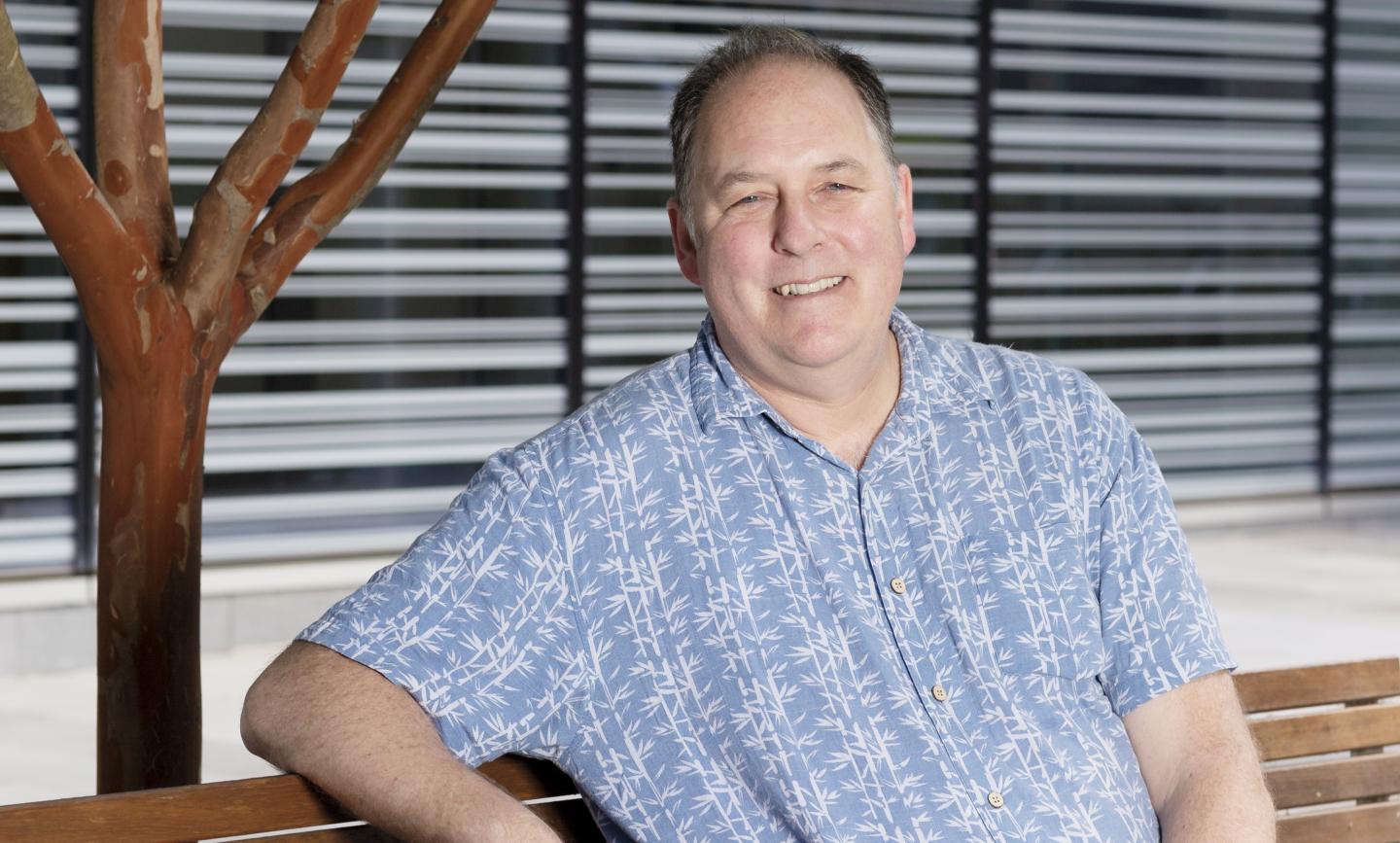
Noise is the main obstacle to building large-scale quantum computers.
To tame the noise (interference or instability), scientists need to understand how it affects an entire quantum system. Until now this information was only available for very small devices or subsets of devices.
Dr Robin Harper and colleagues, who recently published their work in Nature Physics, report that they developed algorithms that will work across large quantum devices.
According to a news release the team demonstrated this by diagnosing the noise in an IBM Quantum Experience device, discovering correlations in the 14-qubit machine not previously detected.

“The results are the first implementation of provably rigorous and scalable diagnostic algorithms capable of being run on current quantum devices and beyond,” said Harper, who is a postdoctoral researcher at the University of Sydney Nano Institute and part of the Australian Research Council Centre of Excellence for Engineered Quantum Systems.
This work was supported in part by the U.S. Army Research Office, the Australian Research Council Centre of Excellence for Engineered Quantum Systems (EQUS), the Government of Ontario, and the Government of Canada through the Canada First Research Excellence Fund (CFREF) and Transformative Quantum Technologies (TQT), the Natural Sciences and Engineering Research Council (NSERC), Industry Canada.















